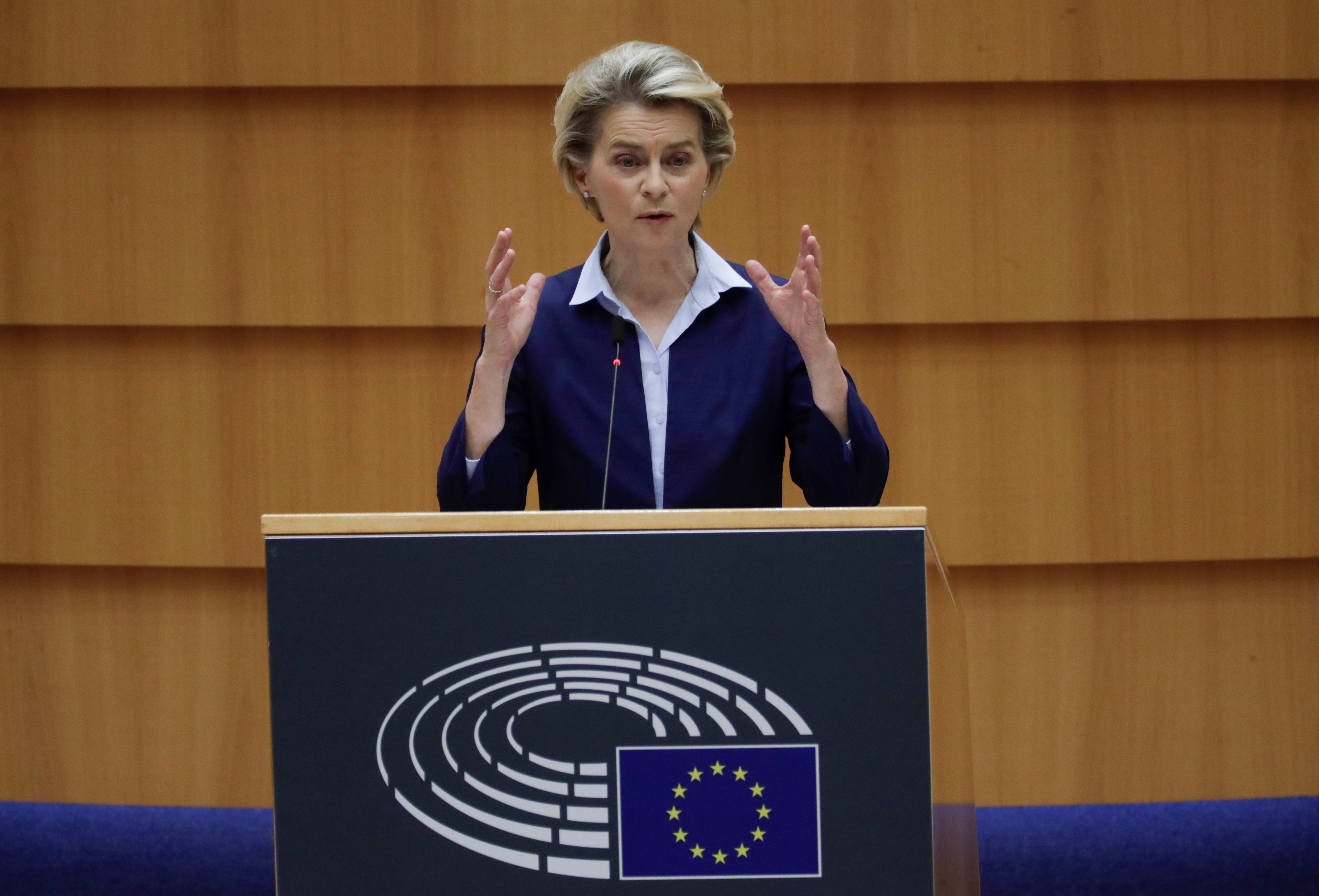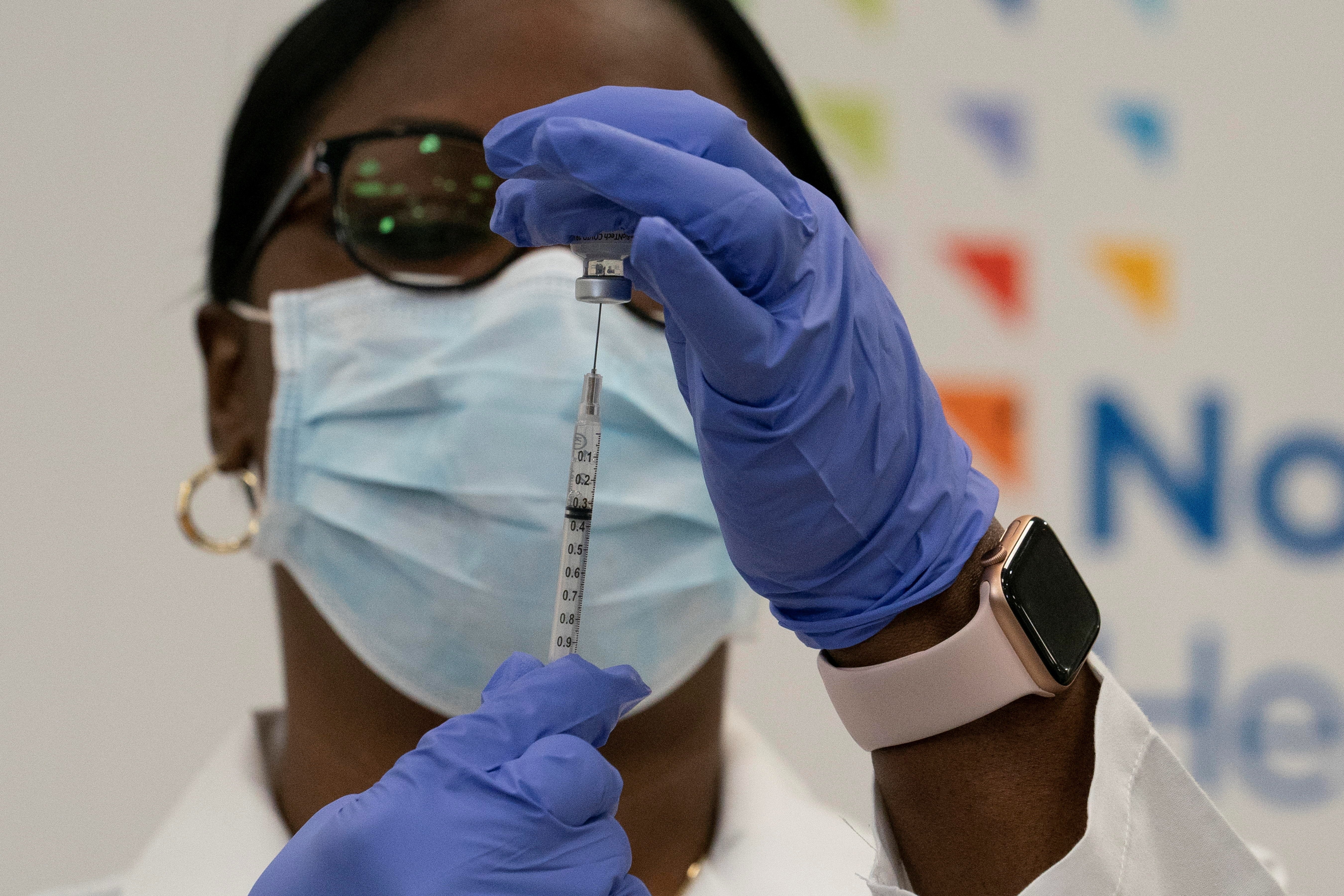Many logistical details are still missing which the Spanish government has yet to reveal. However, the health ministry predicts that on December 27th, the date now agreed for a start to vaccination in the European Union, the autonomous communities of Spain will have enough vaccine doses to start the campaign. It will still be up to each community: according to sources in Salvador Illa's ministry, the central health authorities will leave a margin for different regional governments to choose when to start, which will be between the 27th and the 29th.
As established under the Spanish government's vaccination plan, the highest priority groups will be elderly people in residential care homes, and the personnel who work in the homes. The first consignments of vaccine will be distributed based on the location of these groups across the territory, and not the population weighting of Spain in general. That is, the guiding factor in the short term will be the number of people in these two high priority groups that each community has. When there is a larger supply, then the total population criterion will be applied.
What is still undisclosed is the logistical path which the Pfizer vaccine consignments will follow from the 21st December, when the vaccine is expected to receive authorization from the European Medicines Agency. The pharmaceutical company itself, according to these sources, will be in charge of delivering the vaccines to the port of entry stated by each country, a detail which the Spanish government does not want to reveal at the moment, arguing for the need for security and the complexity of the process. There will be around fifty locations throughout the state that will receive vaccine deliveries between December 21st and 23rd. The Spanish interior ministry has drawn up a security plan.
The Pfizer vaccine needs to be conserved at a temperature of minus 80 degrees Celsius. Thus, superfreezers will be required to store the vaccine shipments, which most autonomous communities are now acquiring. To administer the doses, they must be thawed and mixed with a solvent to produce each patient's jab. After thawing, the vaccine can last up to five days in a normal refrigerator, but once the solvent has been added, it expires in a matter of hours.
How will vaccine doses be administered to the first two groups? In several ways. First, some residents will travel to health centres, but there will be others who will receive their jab at the residence itself, from vaccination teams who will attend the care centre. According to ministry sources, staff are currently training in the Pfizer vaccine process to avoid handling errors.
As with all vaccines in all diseases, the health ministry predicts that there will be adverse reactions among some people vaccinated. However, the authorities reiterate that the benefits of immunization far outweigh these possible adverse effects. In any case, strengthened monitoring systems for vaccine recipients will be put into effect. The autonomous communities will be required to deliver a fortnightly report on reactions to the vaccine.
There is no exact date for the completion of the vaccination process, but the Spanish health ministry expects that by August 2021, 60% of the Spanish population will be immunized. However, that will depend on whether the seven candidate vaccines pass all stages in the process and obtain endorsement of the European Medicines Agency.
"Europe's moment" for the vaccine: December 27th
After pressure from states to speed up the European approval of the first Covid vaccines, EU Commission president Ursula von der Leyen confirmed this Thursday morning that the date for the start of vaccination in all European Union countries will be Sunday 27th December, having been earlier estimated for January.

European Commission president Ursula von der Leyen / Photo: EFE
In a tweet, Von der Leyen stated that "Europe's moment" is about to arrive. On the 27th, 28th and 29th December, the first vaccination jabs will be received by people "across the EU". "We protect our citizens together" added the EU leader, with the hashtag #StrongerTogether.
It's Europe's moment.
— Ursula von der Leyen (@vonderleyen) December 17, 2020
On 27, 28 and 29 December vaccination will start across the EU.
We protect our citizens together. We are #StrongerTogether#EUvaccinationdays pic.twitter.com/6VxDumysBL
.

